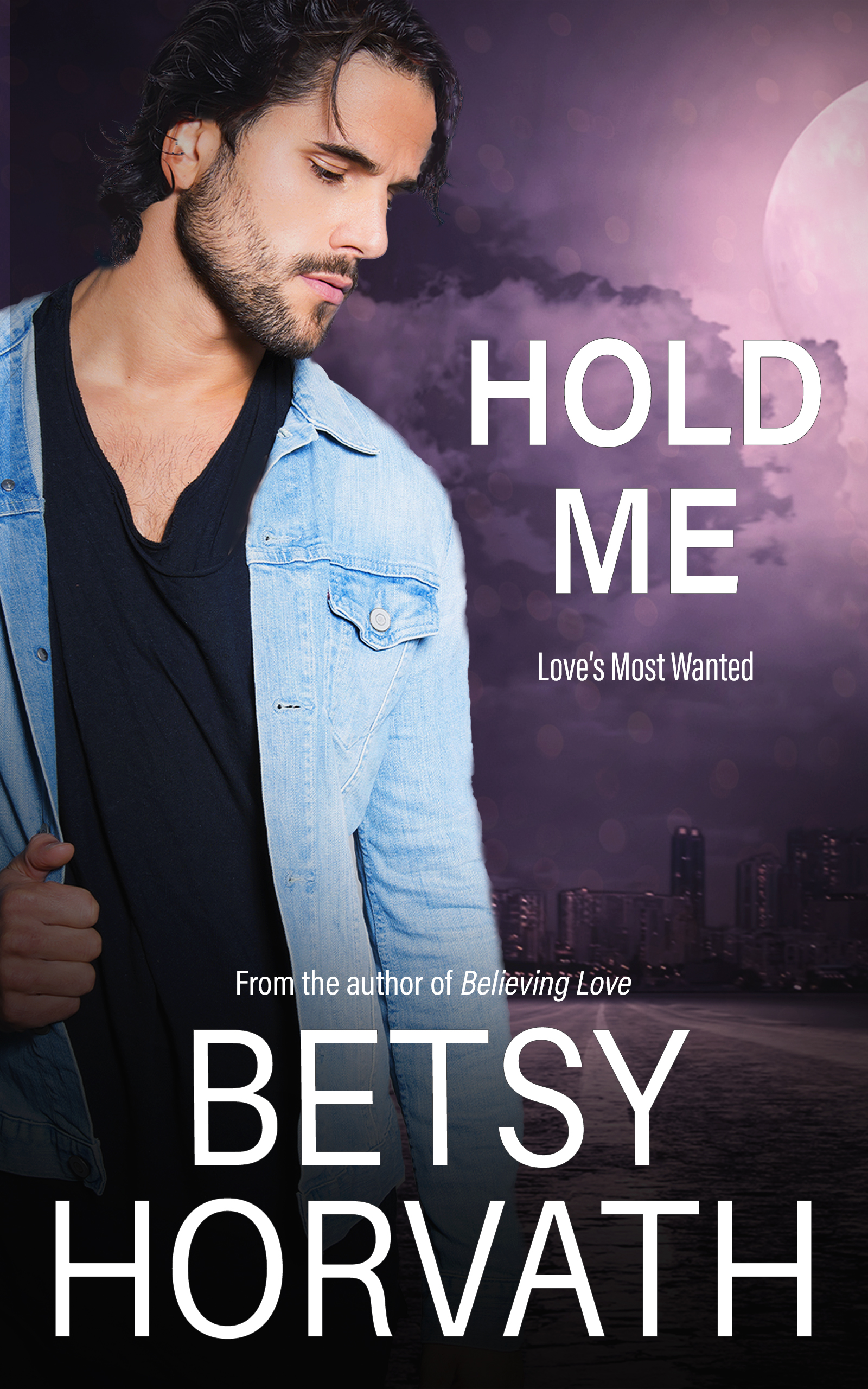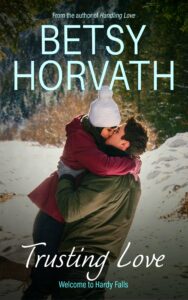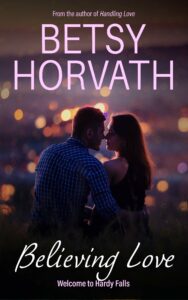 I hope you liked “The Story of a First Draft” (assuming you did read it) and didn’t find it to be too boring. I enjoyed writing it – even though I’d originally intended it to be one blog post and it ended up being three. Oh well.
I hope you liked “The Story of a First Draft” (assuming you did read it) and didn’t find it to be too boring. I enjoyed writing it – even though I’d originally intended it to be one blog post and it ended up being three. Oh well.
What I found most interesting about working through my writing process was what I realized about how I handle other aspects of my life. Or don’t handle them, as the case may be.
For example – I realized that, for me, the first draft is about discovering the story. I usually know my starting situation, and I know where I want to end up. The first draft is about finding the path between the glowing square of the start, and the distant spotlight of the end. There are writers who outline extensively before they write anything. I don’t do that. When I’ve tried writing an extensive outline in the past, I never wrote the actual book. All of my creativity went into the outline and I never took the next step.
In other words, I realized that I don’t want to over-plan. I have to leave room for creativity. I can’t live my life by a strict schedule, no matter how much I might want to.
On the other hand, I do plan somewhat. Before I start a story, I try to see where I want to go – that’s the bit where the Muse and I come up with the faint path between the beginning and the end.. There are authors, like Steven King, who don’t even plan that much. They just jump into the breach and off they go. But I’ve learned the hard way that if I don’t have a plan at all, I never write the book either. I’m too busy wandering around in the wilderness.
In other words, I realized that I do want to have an idea of where I’m going. I need to have a goal and some kind of a vision for the future or I’ll never go anywhere. I’ll just sit at home eating inappropriately for my diabetic condition.
By far my biggest writing problem was one I knew about before I even looked at my process. I second guess myself. I don’t commit. I make all of the effort to come up with the faint path between the beginning and the end, and then decide that I’m wrong and stupid and need to start all over again. Or I make a wrong turn and refuse to see I’m going in the wrong direction because I don’t want to do the work it takes to get back to where I can make a different choice. And yes, there are times when I need to make changes or adjustments to what I thought the story would be at the beginning, but I can’t change my mind because I’ve suddenly decided I’m stupid. I have to keep going until I have a good reason to change.
In other words – I need to commit and make my way forward. Insecurity is not a good reason to scrap everything. Fear is not a good reason to quit (most of the time).
I’ve also realized that I seem to have the sense that every story has to tell everything. That’s not true. The story is the story – a ribbon between a beginning and an end. It doesn’t have to tell everything – it only has to be true to itself and tell the story it is trying to tell in the best way it possibly can. If a compelling idea comes up that doesn’t fit with what the story is, well, that can be another story.
In other words, the answer can’t always be “yes”. You can’t answer the question, “Do you want to go here OR go there?” with “Yes.” You have to make a decision and stick with it. And if the decision you’ve made is wrong, then you usually have the option of scrapping the thing and starting over again from scratch. Because then you’ll have a good reason.
So, some very interesting insights. And I guess that makes sense. After all, when you create something – whether it’s a story, a painting, a photograph, or a business – it is always ultimately an expression of you.
Even when you don’t realize it.






